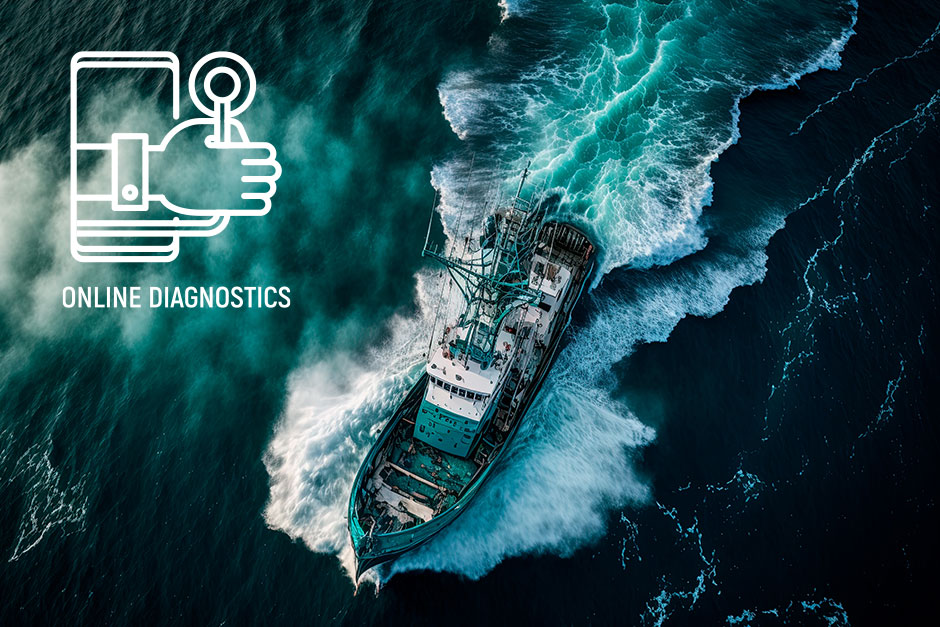
This is how Basque tuna vessel sailors’ health is looked after
Telemedicine facilitates basic on board assistance for a dozen ships operating in the Indian, Pacific and Atlantic oceans.
To find the origins of modern telemedicine on the high seas we need to look back to the end or mid-1920s. Radio calls involved delays and interferences making it difficult to communicate with land back then despite being the only means available to crews on many ships in the event of any sailor on board having an accident or requiring special care or special treatments due to illness.
Over 400 crew members are benefitting from this second stage of the pilot project.
Today; however, the advances in maritime medicine have contributed to the reduction of the time and distance barrier between patient and physician, to the point where sailors working on the ships get virtually the same attention as if it were face-to-face.
Proof of this is the pilot experience to implement a telemedicine system on board the Basque tuna freezers fishing in the Indian, Pacific and Atlantic oceans. A cutting-edge advance in its second stage which enables the health needs and emergencies of over 400 crew members on a dozen ships in the tuna fleet operating in said oceans to be attended.
This initiative, which includes the tuna freezers belonging to the Organisation of Producers of Frozen Tuna (OPAGAC, Organización de Productores Asociados de Grandes Atuneros Congeladores); the majority of which are based in Bermeo (Albacora Uno, Albacora Tres, Mar de Sergio, Albatun Dos, Albacora Quince, Txori Argi, Txori Zuri and Itsas Txori), has enabled the training of approximately 30 skippers, captains and chief mates in the use of medical equipment stowed on board the vessels at the time. They explain: “These devices facilitate basic examination of a patient at high sea, via the medical services of the Vithas Group Nuestra Señora de Fátima Hospital in Vigo.”
Tuna vessels are equipped with the necessary instruments to monitor vital signs.
Examinations via a camera
The sophisticated devices are similar to those used by the Armed Forces. Furthermore, the tuna vessels have instruments to monitor vital signs. They state: “They can perform an ECG, take blood pressure, check oxygen saturation and temperature of the sailor requiring medical assistance; and there’s also a dermatoscope to examine skin lesions.”
Each vessel also has its own circadian monitoring devices (fitness trackers), which “can register the crew members’ body temperature, physical activity and sleep cycles”.
The data collected are then processed and analysed by the Polytechnic University of Madrid (UPM), which performs casuistic analysis of the most common health problems on board identifying the most appropriate medical technologies to be implemented in the fishing vessels. The telemedical service functions all year round from the Vigo hospital centre.


